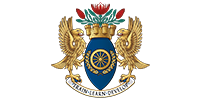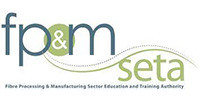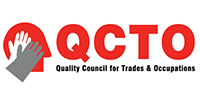The EMCARE Safety Officer Course, also known as SHEMTRAC, is a comprehensive training program designed to equip individuals with the necessary skills and knowledge to effectively manage health and safety within a broad variety of workplace environments.
In this brief article, we’ll be looking at seven ways in which trained safety officers play a critical role in maintaining health and safety on film sets, keeping disaster from the world of the stars and the silver screen.
Ensuring On-Set Safety
The safety officer course will ensure an individual knows what they’re looking for when they inspect and assess temporary sets like unstable platforms, moving vehicles or water features. They want to be able to accurately identify the risks these pose and do what they can to mitigate these. Part of this also includes closely inspecting equipment like lighting rigs, cranes or pyrotechnics – which are prone to cause injury when mismanaged.
And of course; safety officers work closely with stunt coordinators to minimise the risks actors face during action sequences, which may include anything from high falls, to car chases, to explosions.
Managing Crowd Safety
In a safety officer course, you’ll quickly learn that large crowds mean more danger. On set, safety officers will provide a keen oversight of extras and crew during large scale scenes, performing careful planning and crowd control to avoid accidents.
Furthermore, when filming in public spaces, safety officers will be the ones to coordinate with local authorities to set up protections for both the public and the production team.
Emergency Preparedness With A Safety Officer Course
The safety officer course will always preach the importance of emergency preparedness: ensuring that if a disaster does strike, the means to combat it are always close at hand. On film sets, safety officers will do this by ensuring that trained medical teams and appropriate first aid supplies are readily available on set, and always alert.
Safety officers will also work to develop evacuation plans in the case of emergencies and train crew members to respond appropriately. These emergencies may include anything from fires, severe weather or accidents.
Specialised Scenarios
The safety officer course will adapt its students to a great number of mundane scenarios, maintaining health and safety in everyday places and scenarios where the general public takes these factors for granted, such as hospitals, the workplace or in shopping malls. However, there are times when safety officers must employ their talents in distinctly unusual scenarios.
Safety officers are incredibly important during the filming of specialised scenarios, such as aerial or underwater filming. They will oversee any operations involving drones, helicopters or underwater cameras. Their work ensures compliance with aviation or maritime safety standards, minimizing the risk of these often-hazardous shots.
Safety officers are also much needed in the monitoring of special effects and pyrotechnics, to ensure the safe execution of explosions, fire effects or other hazardous materials used on set – which is no easy feat!
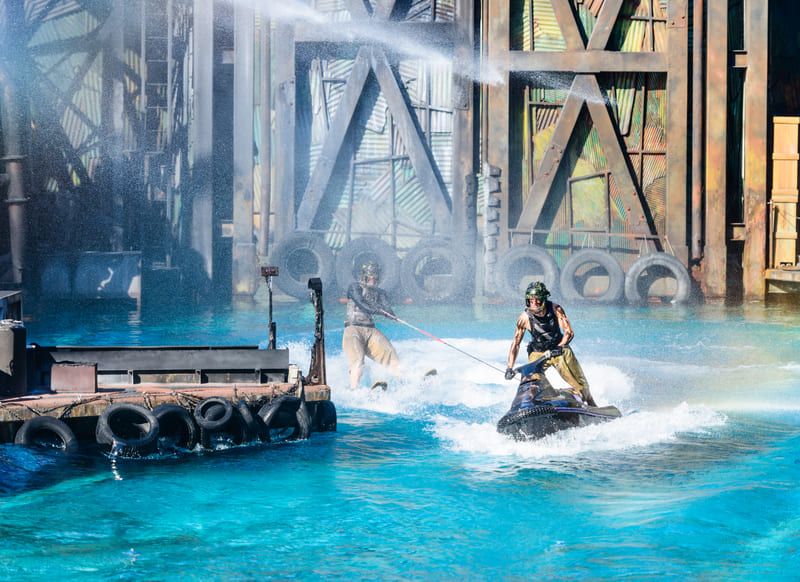
Risk Assessments
It’s not all about what’s happening during the shoot: there’s a great deal of planning that goes on before anyone begins to gather on set. Safety officers are an important part of this pre-shoot planning, conducting a thorough risk assessment for each scene and identifying all the potential hazards they may present during shooting. They’ll help strategize ways to mitigate these risks before shooting begins, potentially helping to sidestep many issues before they even happen.
The safety officer course will also teach one to analyse conditions utterly out of human control, such as the weather or environmental conditions. If a scene is going to take place in extreme conditions, such as freezing cold or scorching hot, they’ll ensure all the necessary protections are in place for the cast and crew. They’ll also factor in the remoteness of the set, and how long it might take to get to medical help or vice versa.
Compliance with Regulations
Whilst the purpose of a safety officer’s role is to protect others from physical harm, there’s no denying their usefulness in ensuring an operation such as a film shoot avoids not only medical, but legal and financial disasters.
Safety officers are there to ensure that film productions comply with local laws, including health and safety regulations, correct permits and relevant labour laws. Safety officers will also work to meet the specified safety guidelines set out by local unions.
Promoting a Safety Culture
Perhaps an overlooked role of the safety officers is the work they do in creating a safety culture on set. The safety officer course will teach one how to do this important work by leading safety briefings, providing training sessions and encouraging crew and cast to take initiative in identifying and reporting hazards on set.
Furthermore, after they’ve addressed the most glaring physical concerns, safety officers will help manage stress levels, addressing both fatigue and mental health concerns, which are common to arise on set environments – especially during long shooting schedules or on sets in extreme conditions.
When crew and cast are aware of safety officers and their diligent efforts to keep them safe, as well as actively participating in risk-reduction strategies, they are given a sense of relief and peace-of-mind. Within the chaotic environment of a film set, it’s easy to feel like a cog in a machine whose individuality, wellbeing and safety loses priority to the operation of the film shoot. A safety culture reassures those working on set of the value of their own safety, health and comfort. This reduction of stress can do wonders to increase the productivity of a film shoot.
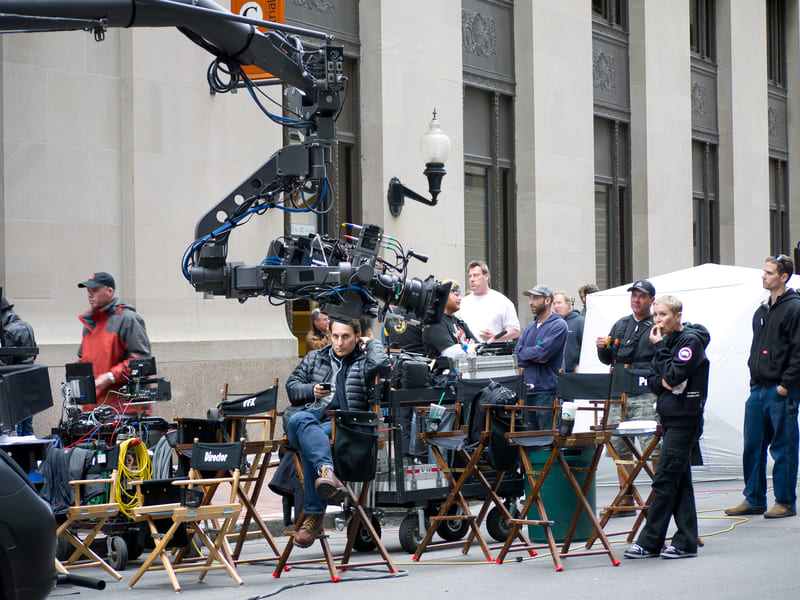
Film Sets And The EMCARE Safety Officer Course
One cannot overstate the importance of safety officers on film sets. Through the specialized training provided by the EMCARE Safety Officer Course, these skilled professionals become stalwart guardians of health, safety and wellbeing in one of the most unpredictable and dynamic workplaces imaginable.
From ensuring on-set safety to managing large crowds, assessing risks, preparing for emergencies and fostering a healthy safety culture on set, safety officers truly are an invaluable resource. As the film industry continues to push the envelope with even more daring stunts, grander pyrotechnics and elaborate sets, the need for skilled safety officers grows ever more critical.





